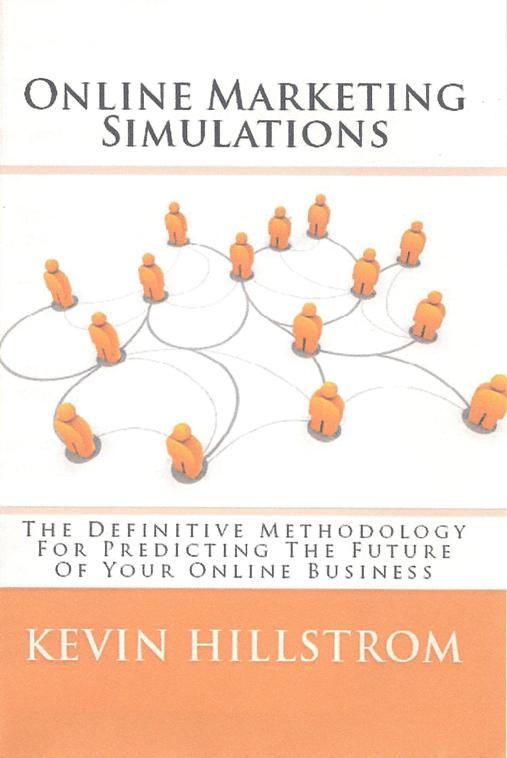Career Opportunities And Perceived Value
Tell me the last time you observed these titles at a business-to-consumer organization (non-vendors):
- Vice President of E-Mail Marketing.
- Sr. Director of Web Analytics.
- General Manager of Business Intelligence.
- SVP of Catalog Circulation.
Which brings us to the typical e-mail, catalog circulation, web analytics, SAS/SPSS programmer, data miner, or business intelligence individual.
What is the career path for the web analytics individual using software that doesn't even capture 100% of online sales?
What is the career path for an e-mail manager that is given no budget, but is criticized for generating only $0.09 per e-mail delivered?
What is the career path for the SAS programmer who provides the intelligence that an information technology individual cannot provide, yet is considered a "computer geek" by Sr. Management?
What is the career path for a catalog circulation manager that is criticized by eco-friendly organizations for cramming unsolicited junk mail down the throats of helpless consumers?
In my opinion, there is one common theme across each of the four jobs I described ... perceived value.
The e-mail marketer is a spammer. The web analytics individual measures only one channel, and cannot frequently tie out net sales to finance-based reality. The SAS programmer is a computer geek. The catalog manager is always wrong, why would you mail a catalog that 98% of the people hate, can't you only mail the catalog to customers who will purchase?
Remove the information technology expert from your business, and your order entry system might stop taking orders. That's what "perceived value" is all about.
Stop sending e-mail campaigns, stop sending junk mail, stop creating a report that requires a complex merge of e-mail address and multiple mailing addresses, stop showing that conversion rates are flat, and who cares?
Career opportunities are often based on the perceived value of the individual. I know this is true, I've experienced it. I've been told by leadership that I'm not qualified to do any other job than an analytics-based job.
Conversely, merchants, those who choose product, are perceived to have high value, perceived to be able to lead finance individuals or marketers or information technology experts or call center leadership.
So many of my loyal subscribers are e-mail marketers, catalog circulation experts, web analytics professionals, or business intelligence / data mining wizards. Collectively, we have two problems.
- We have low perceived value.
- We do a terrible job of marketing our skills.
There are three types of employees in the multichannel world.
- Employees with scarce skills, like the folks in information technology.
- Employees with leadership potential or those with the ability to "move the needle" on sales. Think CMOs and merchandising executives, as examples ... especially CMOs, folks who either drive a big increase in sales, or are kicked-out within two years.
- The rest of us.
At this point in time, few promotional opportunities exist within multichannel brands for my readers, causing my readers to switch jobs across brands, or to venture to the vendor side of the equation to find opportunities. It might be time for us to start marketing our abilities, to begin increasing our perceived value, or to actually prove that we are highly valuable.
Labels: Business Intelligence, career opportunities, career planning, data mining, Database Marketing, e-mail, Web Analytics


